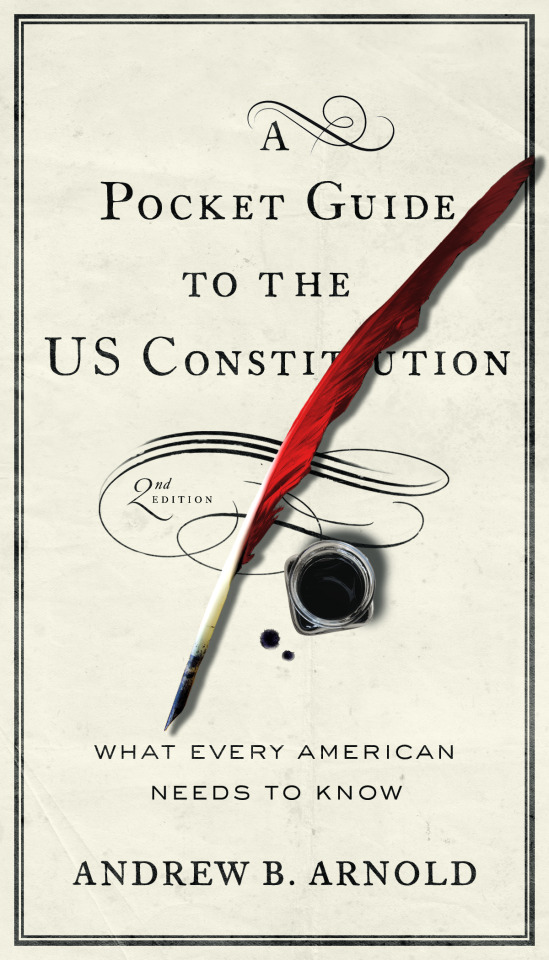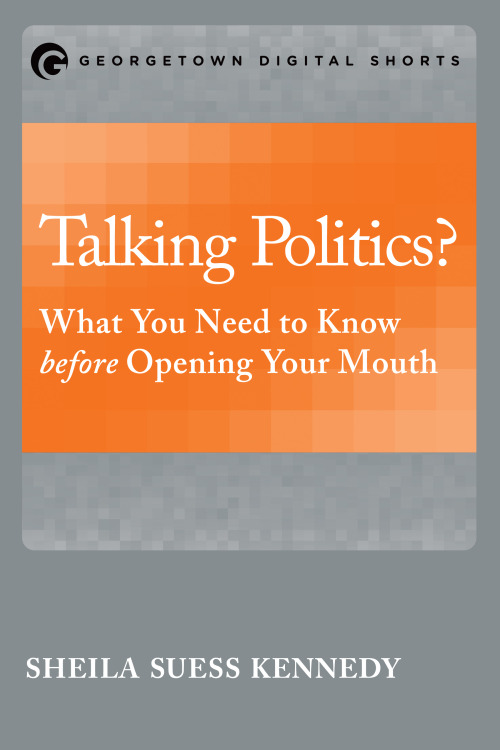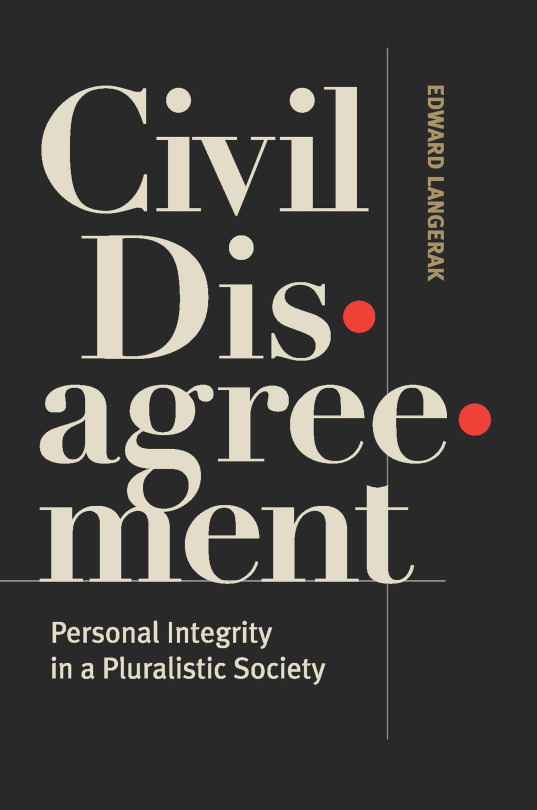Getting more engaged in US politics? Here are some guides for your armament.
For the first time ever, over a hundred million voters participated in the recent US midterm election. Percentage-wise, the US had the highest voter turnout since 1966. With more people getting involved in US politics, we wanted to highlight some helpful guides for political engagement as part of today’s blog tour for University Press Week: #TurnItUp Politics.
First up: A Pocket Guide to the US Constitution: What Every American Needs to Know, 2nd Edition

The Constitution is not so simple that it explains itself—nor so complex that only experts can understand it.
In this accessible, nonpartisan quick reference, historian Andrew Arnold provides concise explanations of the Constitution’s meaning and history, offering little-known facts and anecdotes about every article and all twenty-seven amendments. This handy guide won’t tell you what the Constitution ought to say, nor what it ought to mean. It will tell you what the Constitution says and what it has meant.
A Pocket Guide to the US Constitution presents a straightforward way to understand the American Constitutional system. Without wading through lengthy legal prose, heavy historical analysis, or polemical diatribes, you can easily find out what the emoluments clause means, learn about gerrymandering and separation of powers, or read a brief background on why slaves in colonial America were considered 3/5 of a person.
Small enough to put in your pocket, backpack, or briefcase, A Pocket Guide to the US Constitution can be used to comprehend current events, dig deeper into court cases, or sort out your own opinions on constitutional issues.
Next up: Talking Politics? What You Need to Know before Opening Your Mouth

This book identifies common areas of confusion or misunderstanding about our political system—clarifying many distortions of accepted history, constitutional law, economics, and science—to help readers distinguish documented facts from the different conclusions and interpretations that may be drawn from those facts. Sheila Suess Kennedy aims to create a more informed electorate and to better ground debates in fact, from Capitol Hill to the family dinner table. Talking Politics? What You Need to Know before Opening Your Mouth provides a solid starting point from which Americans can build more persuasive arguments for their preferred policies, whatever they may be, and will interest students of political science, civics, and history, from high school to undergraduates, and the general public interested in politics and informed discussion.
In closing: Civil Disagreement: Personal Integrity in a Pluralistic Society

Civil Disagreement shows how we can cope with diversity and be appropriately open toward opponents even while staying true to our convictions. This accessible and useful guide discusses how our conversations and arguments can respect differences and maintain personal integrity and civility even while taking stances on disputed issues. The author examines an array of illustrative cases, such as debates over slavery, gay marriage, compulsory education for the Amish, and others, providing helpful insights on how to take firm stands without denigrating opponents. The author proposes an approach called “perspective pluralism” that honors the integrity of various viewpoints while avoiding the implication that all reasonable views are equally acceptable or true.
With just over 400 pages of reading and reference, this starter pack for US politics should have you up and running to have informed debates and a good chance at productive engagement with the government.
Be sure to check in with the other University Presses posting on politics today as part of the UPWeek blog tour:
The University of Chicago Press highlights their incredible group of recent books that, taken together, offer far more insight into what’s going on with American politics than a thousand pop politics books could ever provide.
A post from Teachers College Press features a list of books on politics and education.
Q&A with Michael Lazzarra, author of Civil Obedience (Critical Human Rights series) about how dictatorships are supported by civilian complicity is posted from the University of Wisconsin Press.
Rutgers University Press highlights three recent politics books: The Politics of Fame by Eric Burns and the reissues of classics Democracy Ancient and Modern by M.I. Finley and Echoes of the Marseillaise by Eric Hobsbawn.
UBC Press describes their new Women’s Suffrage and the Struggle for Democracy series.
Over at LSU Press, there’s a post about their new list dealing with contemporary social justice issues, pegged to Jim Crow’s Last Stand and the recent state vote to ban non-unanimous criminal jury verdicts.
An interview with Dick Simpson and Betty O'Shaughnessy, authors of Winning Elections in the 21st Century can be found courtesy of the University of Kansas Press.
Harriet Kim provides a selection of interesting politics titles that she recently brought back into print as part of the Heritage Book Project at the University of Toronto Press.
A spotlight on two recent additions to their Politics and Culture in the Twentieth-Century South series that focus on defining the white southern identity through politics can be found at the University of Georgia Press.
Last, but not least, The University of Virginia Press is publishing an updated edition of Trump’s First Year to cover his second year of presidency.
